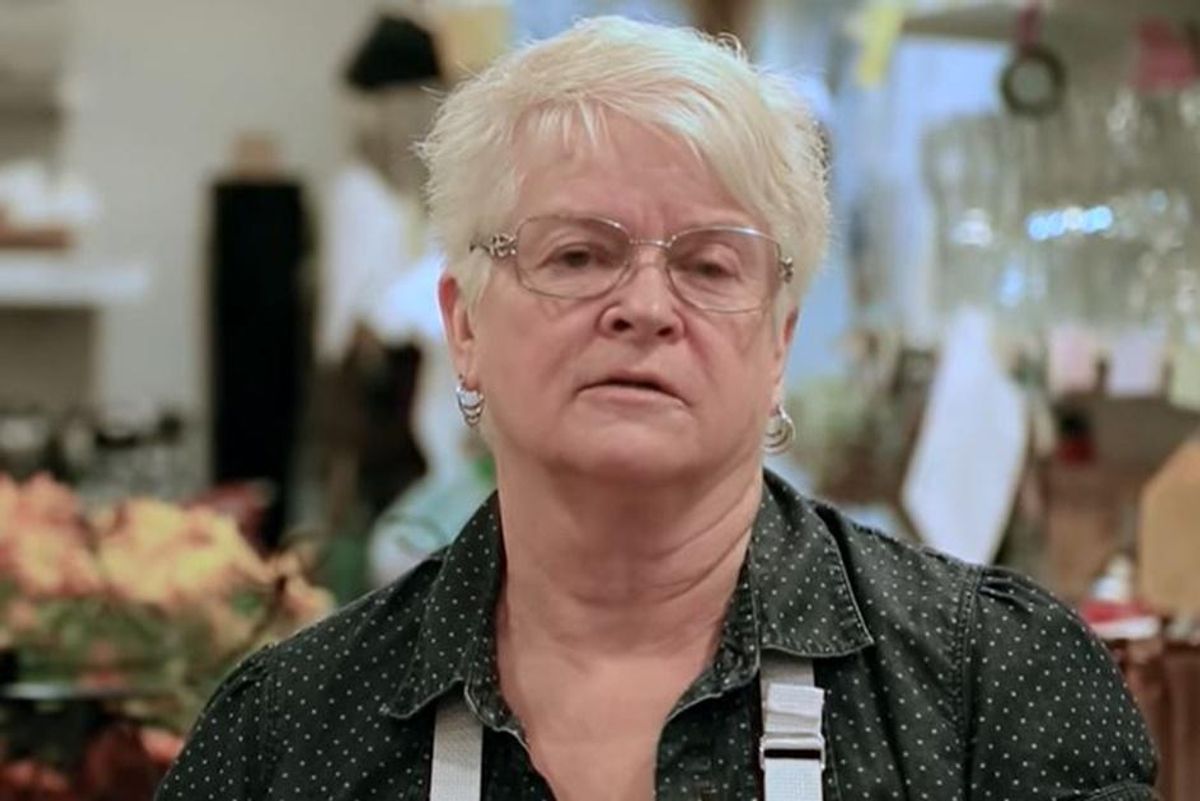
Eight years ago, florist Barronelle Stutzman, the owner of Arlene’s Flowers in Richmond, Washington refused to serve a gay couple, Robert Ingersoll and Curt Freed, for their wedding. The couple was deeply hurt by her decision because Ingersoll had been a long-time client of the flower shop.
“After Curt and I were turned away from our local flower shop, we canceled the plans for our dream wedding because we were afraid it would happen again. We had a small ceremony at home instead,” said Robert Ingersoll in a statement.
The couple sued the shop with the help of the American Civil Liberties Union under Washington’s anti-discrimination law. The rule states that businesses that are open to the general public cannot refuse to serve someone based on their sexual orientation. The law specifies that this form of discrimination is illegal even if it’s based on someone’s sincere religious beliefs.
Stutzman, who was represented by the Alliance Defending Freedom (ADF) claimed that her “religious freedom” granted her the right to discriminate against the couple and that being forced to sell flowers to them violated her freedom of speech.
Barronelle Stutzman, the Washington State florist who was sued over refusing to serve a gay coupleu2019s wedding, has withdrawn her appeal to the U.S. Supreme Court.https://www.advocate.com/news/2021/11/18/washington-florist-settles-gay-couple-ends-court-battle?utm_source=twitter&utm_medium=social&utm_campaign=newsu00a0u2026— The Advocate (@The Advocate)
1637359201
According to the Southern Poverty Law Center, the organization has a long history of promoting homophobia:
“The Alliance Defending Freedom is a legal advocacy and training group that has supported the recriminalization of sexual acts between consenting LGBTQ adults in the U.S. and criminalization abroad; has defended state-sanctioned sterilization of trans people abroad; has contended that LGBTQ people are more likely to engage in pedophilia; and claims that a “homosexual agenda” will destroy Christianity and society.”
The case went all the way to the state’s Supreme Court who unanimously ruled against Stutzman.
The Court believes that selling flowers to a gay couple for their wedding wasn’t an endorsement of same-sex marriage. “As Stutzman acknowledged at deposition, providing flowers for a wedding between Muslims would not necessarily constitute an endorsement of Islam, nor would providing flowers for an atheist couple endorse atheism.”
However, the fight didn’t stop there. Stutzman filed with the U.S. Supreme Court to hear the case.
In 2018, the U.S. Supreme Court remanded the case back to the state of Washinton to take another look. A year later, the state reaffirmed its decision. Then, the case was sent back to the U.S. Supreme Court.
The court denied a petition by Stutzman and her lawyers in July of 2021, over the dissent of conservative judges Clarence Thomas, Neil Gorsuch, and Samuel Alito.
Earlier this month, the court battle came to an end when Stutzman agreed to withdraw her petition and agreed to pay $5,000 to Ingersoll and Freed. The couple has agreed to donate the money to an LGBT youth charity.
Barronelle Stutzman of Arlene’s Flowers said she will turn the “struggle for freedom over to others” after settling with Curt Freed and Robert Ingersoll.https://www.huffpost.com/entry/washington-state-florist-same-sex-wedding-settlement_n_61983c8be4b0451e54fa20cd?d_id=2859022&ncid_tag=tweetlnkushpmg00000016&utm_medium=Social&utm_source=Twitter&utm_campaign=us_politicsu00a0u2026— HuffPost Politics (@HuffPost Politics)
1637368235
Her lawyers say that Stutzman is “at peace” with the settlement because she can “finally retire with her conscience intact, and she knows that the legal effort to protect the artistic freedoms of creative professionals” will continue in other challenges.
The couple hopes that their hard-fought battle means that other same-sex couples won’t have to endure the same discrimination they did.
“We hope this decision sends a message to other LGBTQ people that no one should have to experience the hurt that we did,” Ingersoll in a statement.
Stutzman fought against providing flowers for a same-sex wedding because she believed doing so violated her religious beliefs. But does she understand that her high-profile court cases stretching over eight years probably did much more harm than good for her faith?
The number of people who identify as Christian has been on a steep decline for the past ten years in America and a major reason is the religion’s views on LGBTQ issues.
If more people went out on a limb to promote the ideas of peace and love that were at the core of Christ’s teachings, they’d bring a lot more people to the faith than by making sacrifices to promote intolerance.
